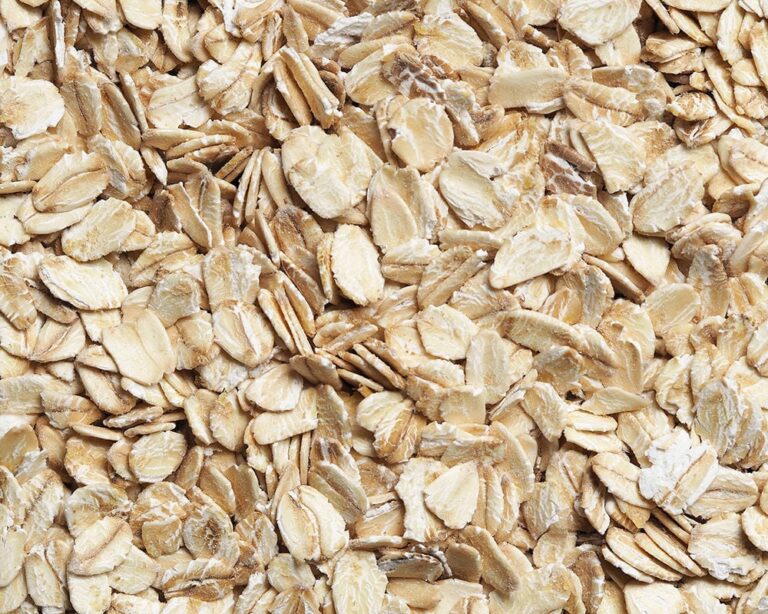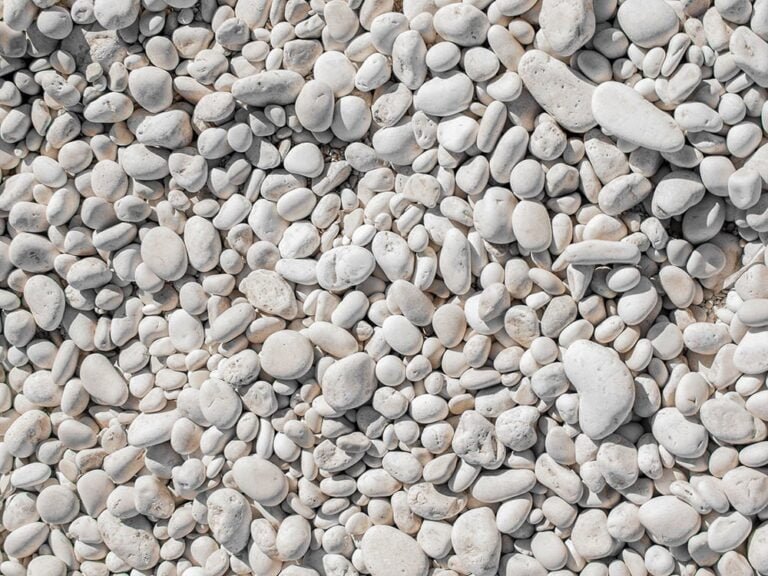Avoir de la veine
“Avoir de la veine” means to be lucky or to have luck. “Une veine” is a vein. So what is the connection between veins and luck? The term comes from the world of men who searched for gold, diamonds or other precious metals. These metals and diamonds are found in concentrations in rock called “veins.” Finding a vein of gold or diamonds was the kind of luck that all miners strove for, so “to have some vein” means to be lucky.
Are you looking for VCE French tutoring? Try a free trial lesson with Fast French. No obligation. Fast French has a track record of helping students to progress and excel in their French studies.






